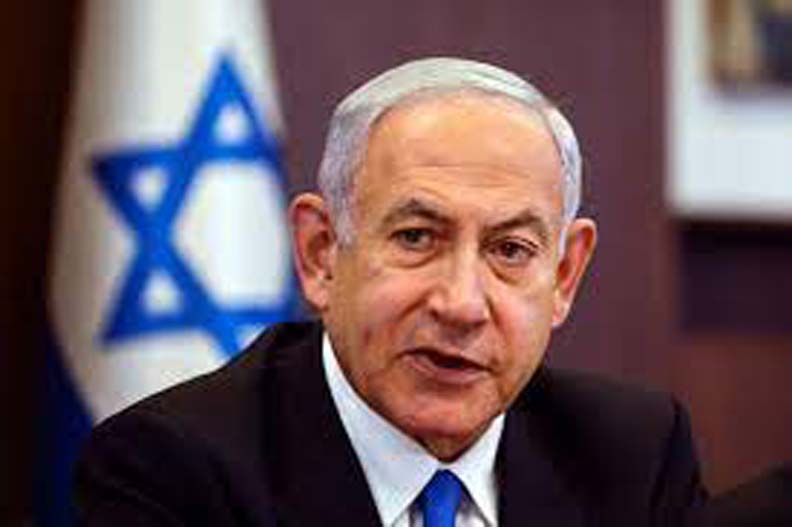TEL AVIV: Israeli Prime Minister Benjamin Netanyahu is facing internal political challenges as he navigates U.S. President Donald Trump’s pressure to conclude the ongoing Gaza conflict.
Trump has proposed a plan that includes Gaza’s demilitarization and a transitional international administration, with Hamas members allowed to remain if they renounce violence.
While Netanyahu has shown support for the plan, key members of his far-right coalition, such as National Security Minister Itamar Ben-Gvir and Finance Minister Bezalel Smotrich, oppose any scenario that preserves Hamas in any form. Their opposition could lead to an early election and destabilize Israel’s most right-wing government in history.
Despite these internal divisions, Netanyahu has expressed optimism about the potential release of all hostages held by Hamas, including living individuals and the remains of deceased, by the end of the week.
This development is tied to a phased withdrawal of Israeli forces from Gaza. Netanyahu described this as a “chance for victory,” with the return possibly coinciding with the Sukkot holiday. However, negotiations continue, with delays reportedly due to internal divisions among Hamas negotiators.
President Trump has warned Hamas of “complete obliteration” if the group does not comply with the ceasefire plan, which demands that Hamas disarm and relinquish control over Gaza.
The proposal includes an immediate ceasefire, a full hostage-prisoner exchange, Israeli military withdrawal, and establishment of a transitional Gaza government led by an international body. Indirect talks between Hamas and Israel are ongoing, with U.S. envoys involved.
While Netanyahu has publicly supported the plan, his far-right coalition partners have expressed strong opposition, particularly to any arrangement that allows Hamas to retain influence in Gaza. This internal conflict threatens to destabilize Netanyahu’s government and complicate efforts to end the war.


Comments are closed.